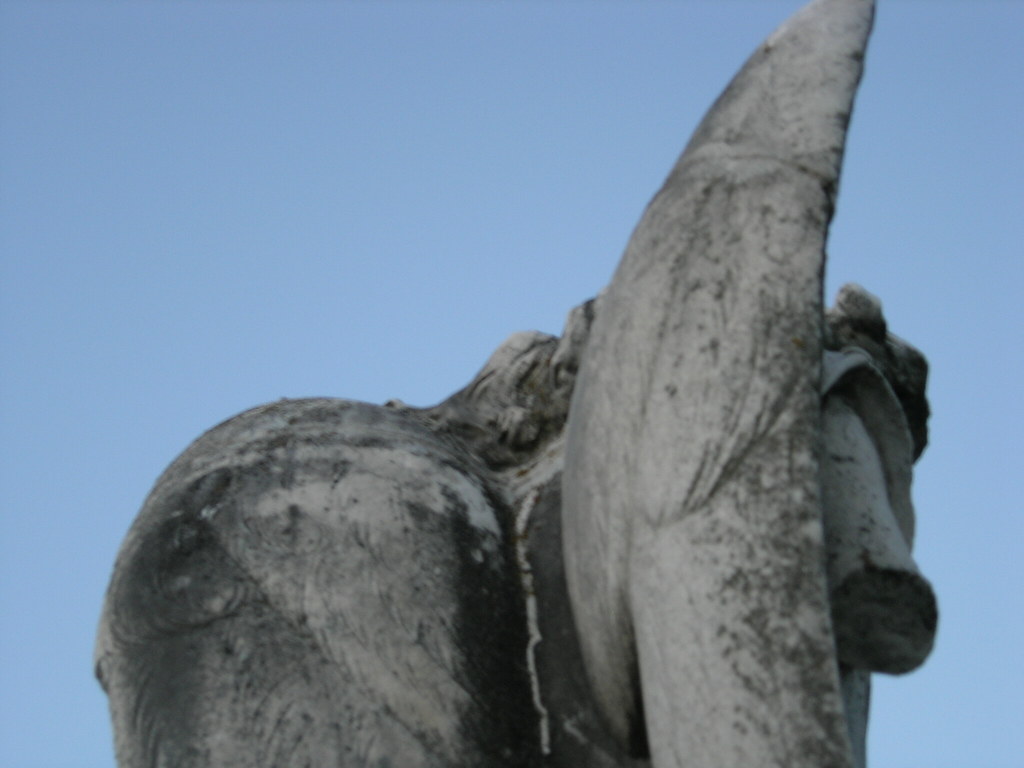For an example of his wordmanship, if that even is a word, read the famous quote from his 06.06.1966 speech in Capetown, S. Africa (which also adorns his memorial next to his brother in Arlington Cemetery):
"Each time a man stands up for an ideal, or acts to improve the lot of others, or strikes out against injustice, he sends forth a tiny ripple of hope, and crossing each other from a million different centers of energy and daring those ripples build a current which can sweep down the mightiest walls of oppression and resistance."
OR this quote from the speech given the night of MLK's assassination in Indianapolis, Indiana quoting the Greek poet Aeschylus:
"In our sleep, pain which cannot forget falls drop by drop upon the heart until, in our own despair, against our will, comes wisdom through the awful grace of God."
AND I'll leave you with this exerpt from the same speech in S. Africa, that seems so fitting for our current international state of affairs:
"In a few hours, the plane that brought me to this country crossed over oceans and countries which have been a crucible of human history. In minutes we traced migrations of men over thousands of years; seconds, the briefest glimpse, and we passed battlefields on which millions of men once struggled and died. We could see no national boundaries, no vast gulfs or high walls dividing people from people; only nature and the works of man -- homes and factories and farms -- everywhere reflecting man's common effort to enrich his life. Everywhere new technology and communications brings men and nations closer together, the concerns of one inevitably become the concerns of all. And our new closeness is stripping away the false masks, the illusion of differences which is at the root of injustice and hate and war. Only earthbound man still clings to the dark and poisoning superstition that his world is bounded by the nearest hill, his universe ends at river's shore, his common humanity is enclosed in the tight circle of those who share his town or his views and the color of his skin.
It is your job, the task of the young people in this world, to strip the last remnants of that ancient, cruel belief from the civilization of man."

No comments:
Post a Comment